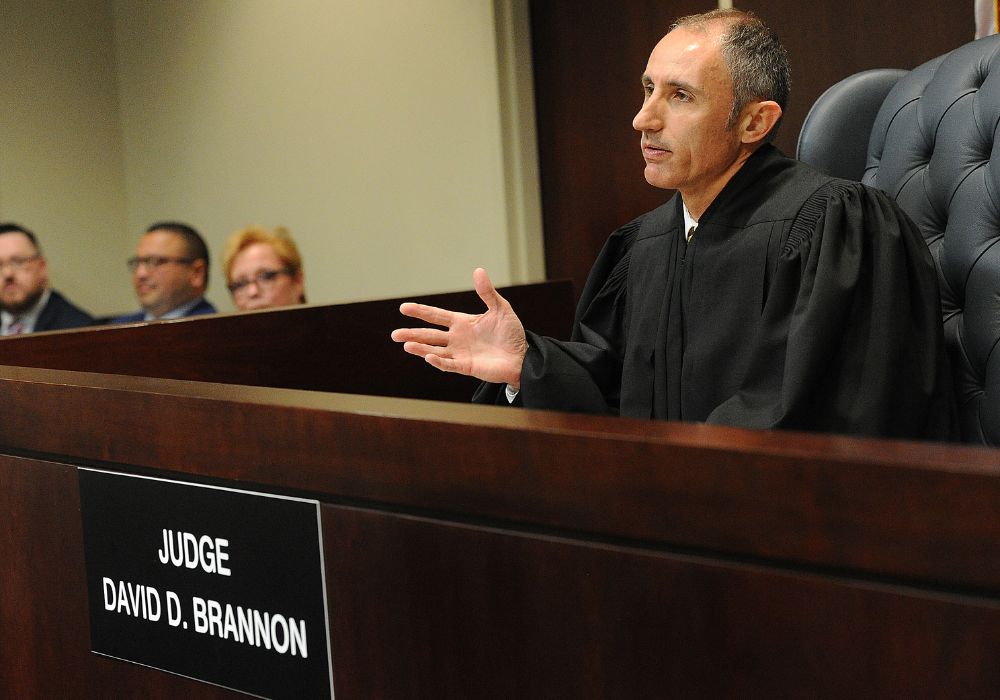The eviction process can be a difficult situation for both landlords and tenants. In this article, we will explore the typical steps and timeline involved in an eviction proceeding in the state of Florida.
From issuing a notice to vacate to the final removal of tenants, learn about the various stages of an eviction and how long the process usually takes from start to finish according to Florida law.
How Long Does The Eviction Process Take in Florida?
According to Florida law, landlords must give tenants a 3-day notice to pay or quit before filing an eviction case against them for nonpayment of rent. This 3-day notice allows the tenant time to pay all outstanding rent and avoid a formal eviction.
After the 3 days are up, the landlord may file the eviction paperwork with the county court. This initial filing typically takes 1-2 days to be processed by the court clerks.
Related: Do I Have 30 Days To Move After An Eviction?
What is involved in filing an eviction?

When filing an eviction, landlords must complete summons and complaint forms that provide information about both parties and the reason for eviction. The complaint should state that proper notice was given as required by law and request that the judge order the tenant to vacate.
Landlords must also pay a filing fee, which is typically between $50-$100. Tenants are then served a summons by the county sheriff's office notifying them to respond to the complaint within 5 days or risk a default judgment.
How long until a hearing is scheduled if the tenant responds?
If tenants respond to the summons and request a hearing, the county court will typically schedule an eviction hearing within 10-15 days. Hearings give both parties an opportunity to present evidence and arguments to the judge regarding the merits of the case. Judges aim to resolve eviction matters promptly due to high case volumes.
How long does an uncontested eviction take?
If tenants do not respond to the summons and complaint or do not show up for their scheduled hearing, landlords can move for a default judgment or "writ of possession." In uncontested evictions where no issues are in dispute, judges may issue the writ of possession on the same day as the hearing. The entire uncontested eviction process typically takes 1-2 weeks.
What happens after a judgment for the landlord?
Once a judge issues a writ of possession in favor of the landlord, this document authorizes the county sheriff's office to remove tenants and their belongings. The sheriff will then schedule a specific date no less than 24 hours later to carry out the lockout.
If tenants fail to vacate by this deadline, the sheriff may forcibly remove everyone from the property.
How long does the lockout process take?
On the designated date after the writ of possession is issued, the sheriff's eviction squad will visit the property to execute the lockout. If tenants have fully vacated, the lockout takes only 30-60 minutes to complete. However, if tenants refuse to leave or a physical confrontation occurs, lockouts may take longer.
In difficult situations, additional law enforcement assistance may be requested to ensure safety and compliance with the court's order.
How can tenants prolong the eviction process?
While landlords aim to resolve the matter promptly, tenants have options under Florida law to potentially lengthen the eviction process such as requesting a jury trial, filing an appeal if they lose, or claiming protected defenses like domestic violence or lack of proper notice.
Overall disputes, these tactics can potentially stretch out an eviction for several months or longer depending on the individual circumstances of each case.
Conclusion
In conclusion, the typical uncontested eviction process in Florida usually takes 1-2 weeks from the initial 3-day notice through lockout. However, tenants have legal avenues like requesting a trial or filing an appeal that may significantly prolong the proceedings if there are disputes over the merits of the case.





